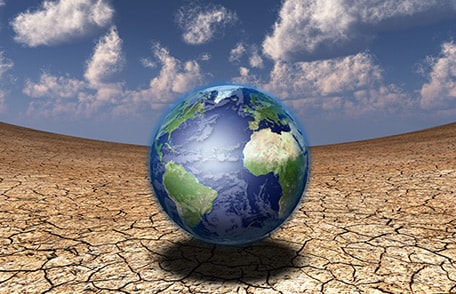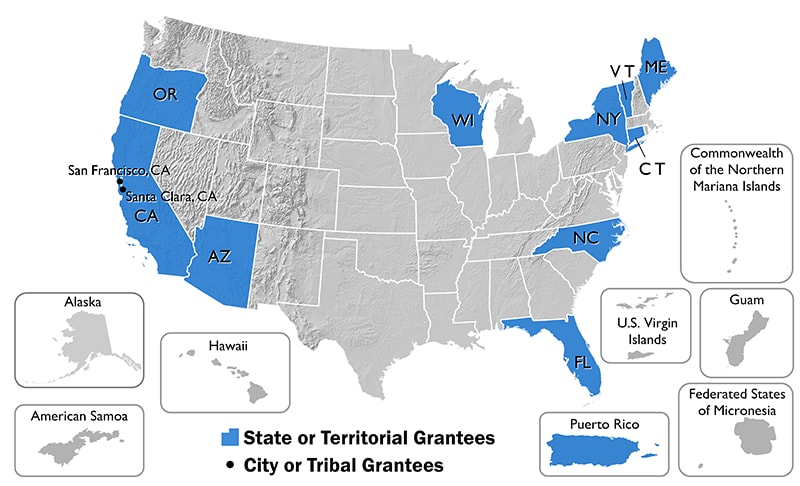Public Health Response to a Changing Climate

Climate change threatens human health and well-being in many ways. Learn what CDC is doing to prevent and adapt to the health effects of climate change.
The environmental consequences of climate change are happening now and are expected to increase in the future. Some of these changes will likely include:
- heat waves,
- heavy precipitation events and flooding,
- droughts,
- more intense hurricanes and storms,
- sea level rise, and
- air pollution.
Climate change, together with other natural and human-made health stressors, influences human health and disease in numerous ways. Some existing health threats will intensify and new health threats will emerge. Not everyone is equally at risk. Important considerations include age, economic resources, and location. Our Climate-Ready States and Cities Initiative (CRSCI) is helping grantees from 13 jurisdictions use the five-step Building Resilience Against Climate Effects (BRACE) framework to identify likely climate impacts in their communities, potential health effects associated with these impacts, and their most at-risk populations and locations. The BRACE framework then helps states develop and implement health adaptation plans and address gaps in critical public health functions and services.

The Climate and Health Program also funds partners through the “Strengthening Public Health Systems and Services Through National Partnerships to Improve and Protect the Nation’s Health [PDF – 397 KB]” program managed by CDC’s, National Center for State, Tribal, Local, and Territorial Public Health Infrastructure and Workforce. These partners support tribes and territories’ climate and health work.
Specifically, the National Indian Health Board funds tribes through the Climate-Ready Tribes Program, while the Association of State and Territorial Health Officials supports climate and health work in territorial health departments. In addition, the National Association of County and City Health Officials supports three jurisdictions in their ongoing climate change and health adaptation initiatives at the local level.
For more information on the CRSCI or our work with tribes and territories, please contact our program at climateandhealth@cdc.gov.